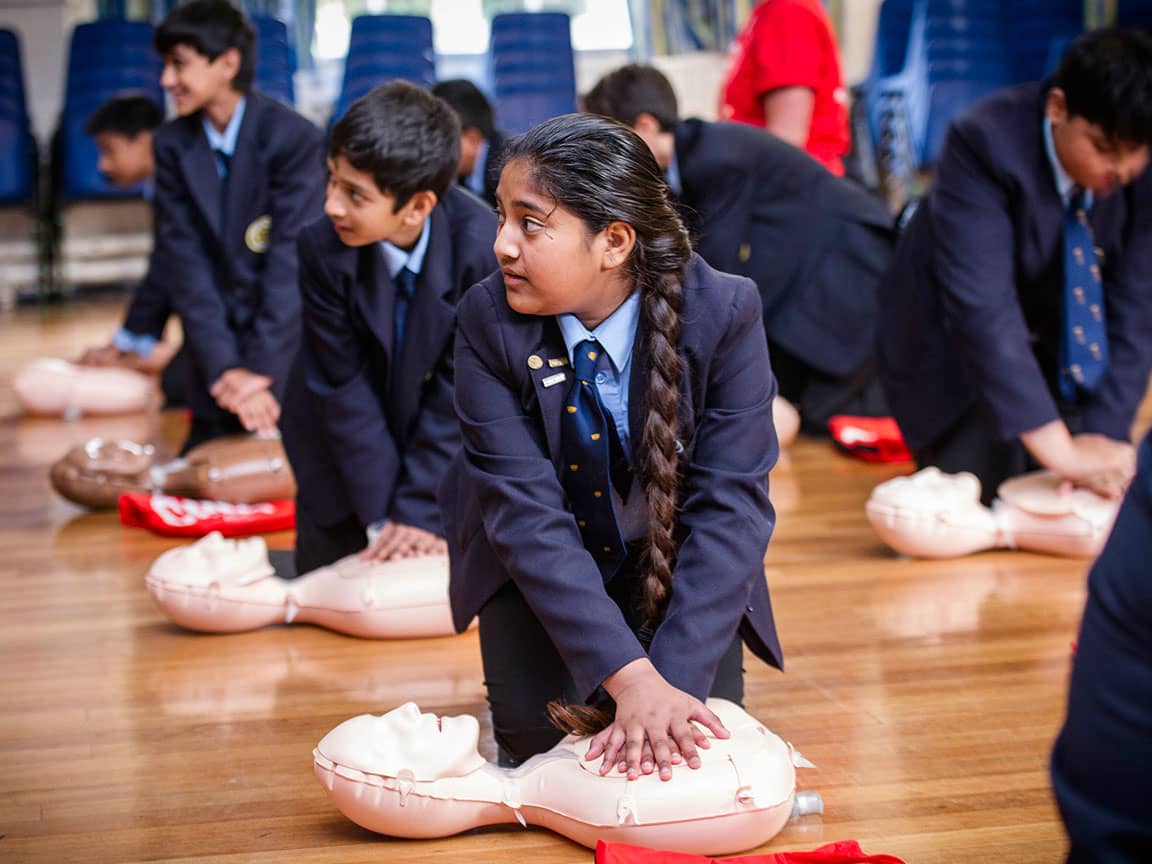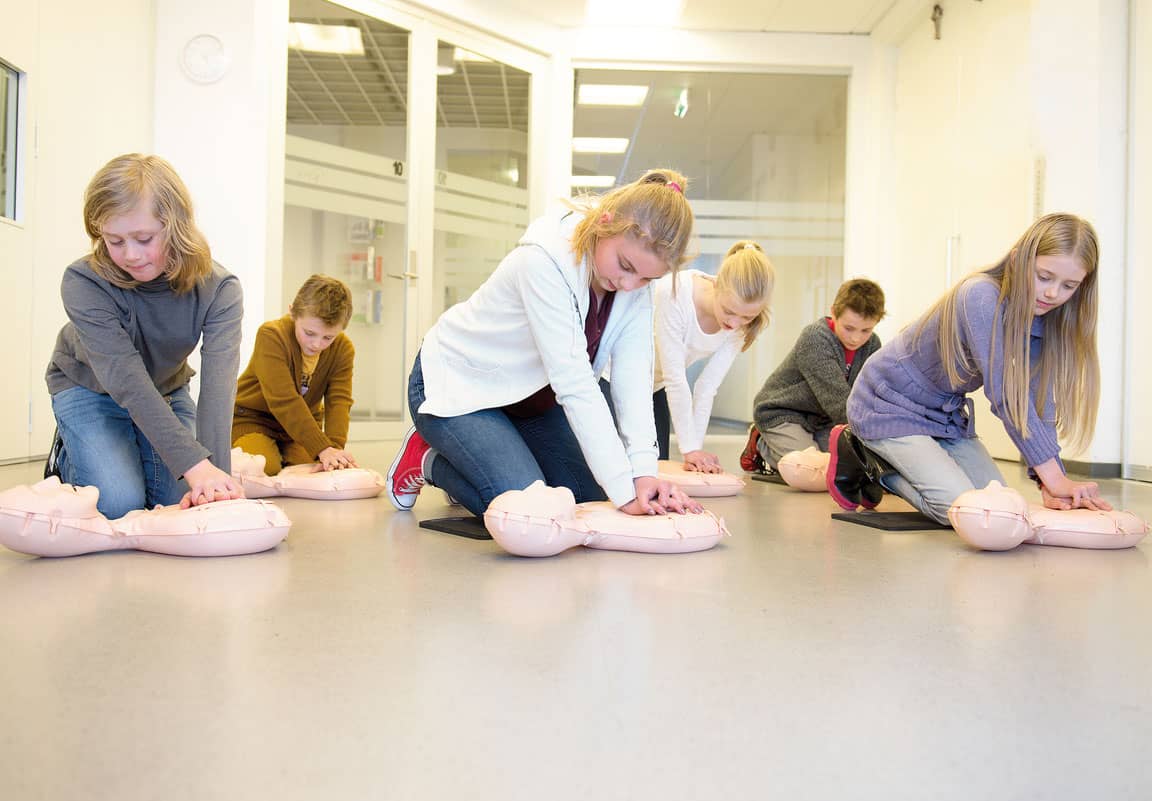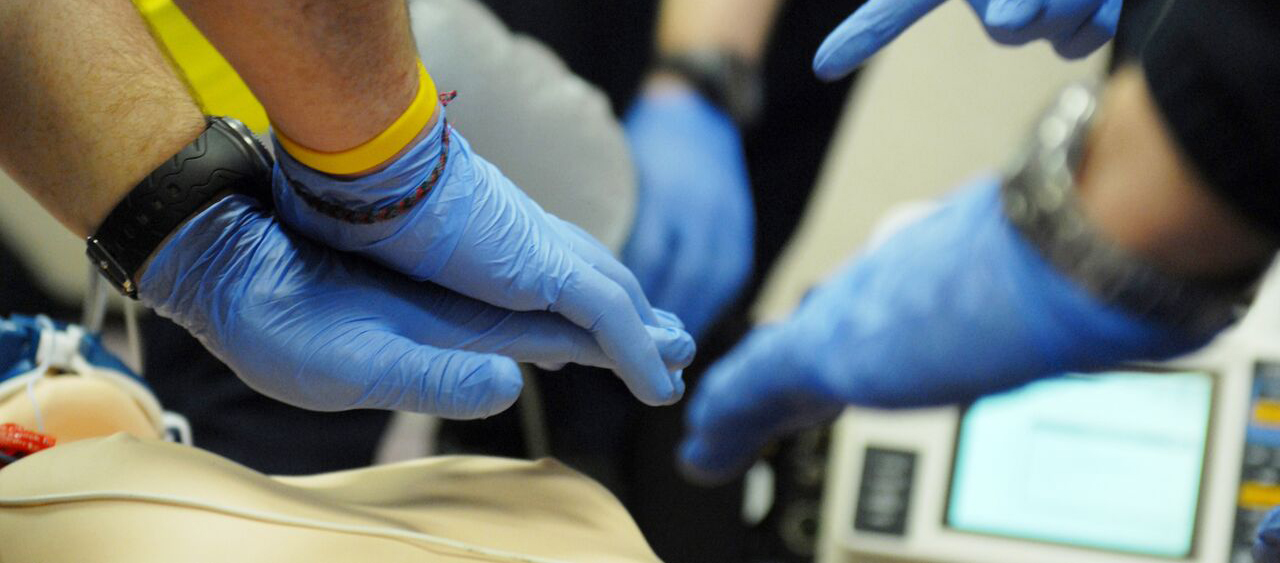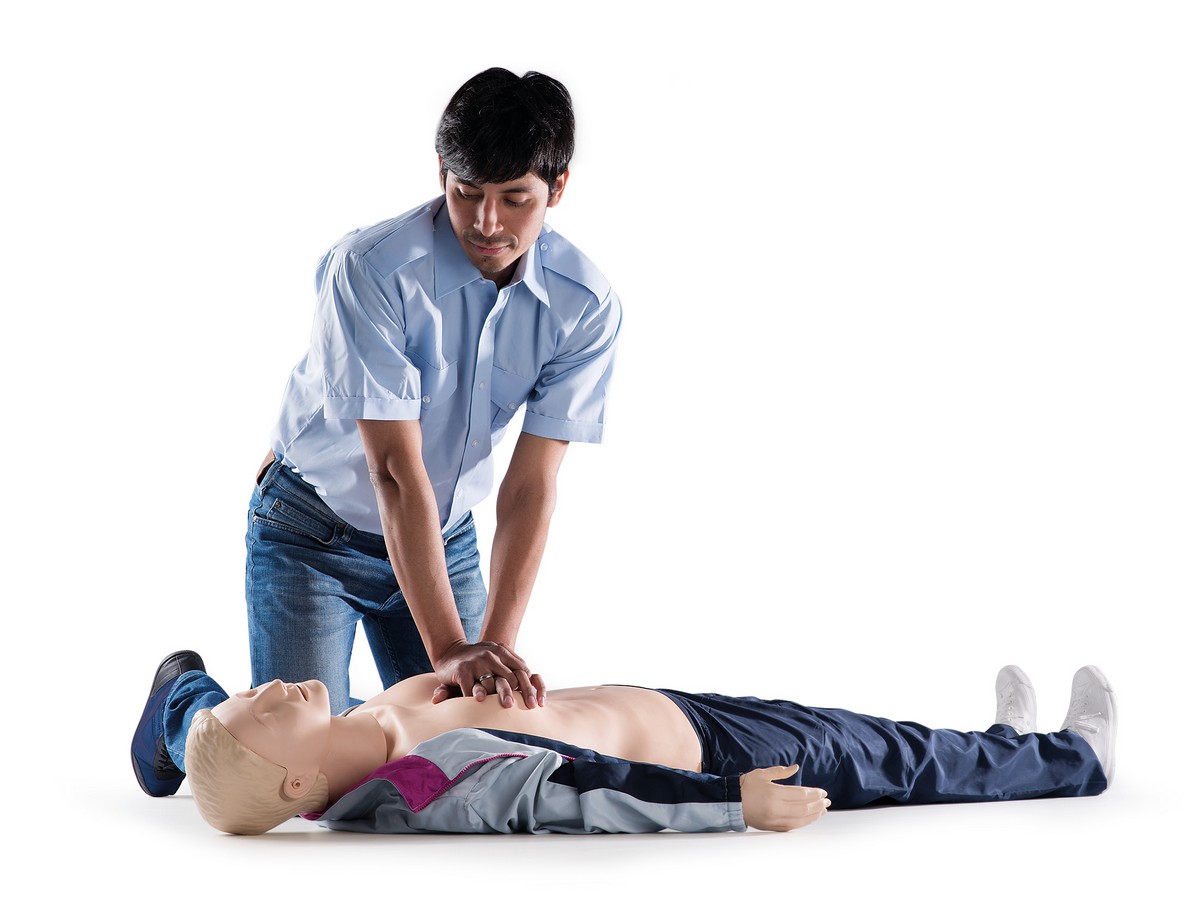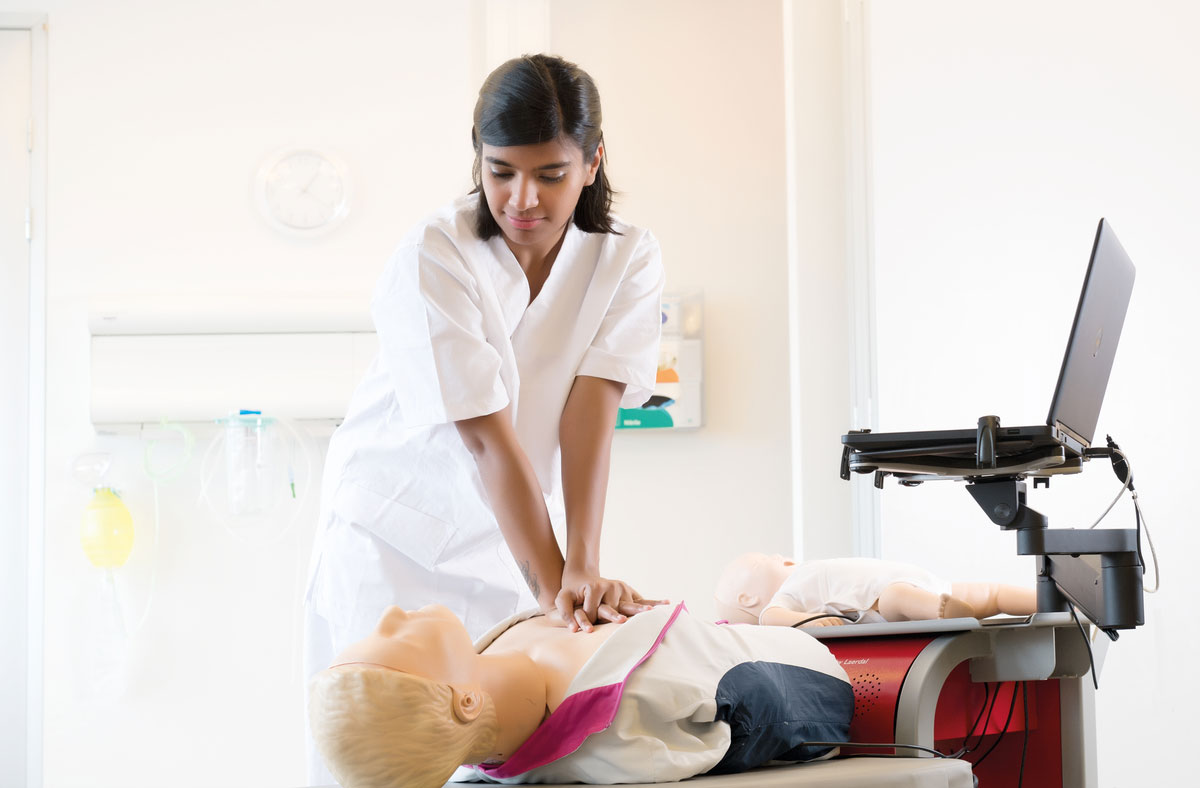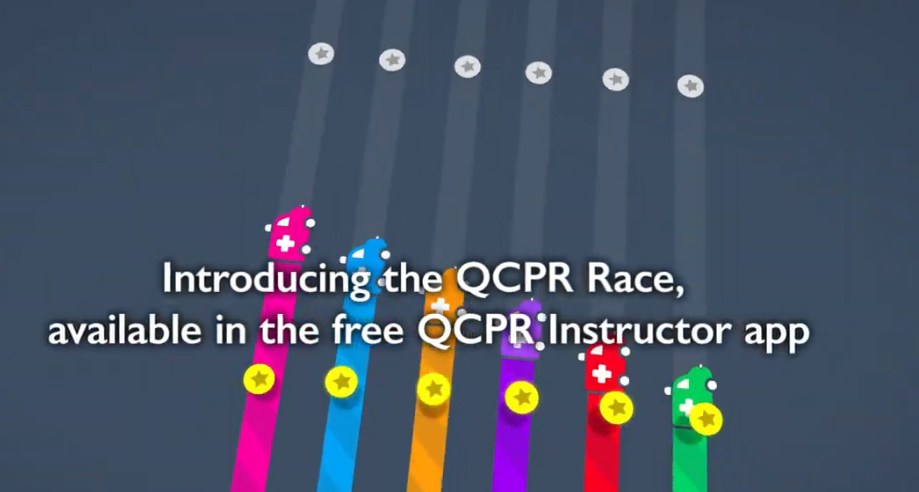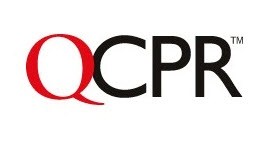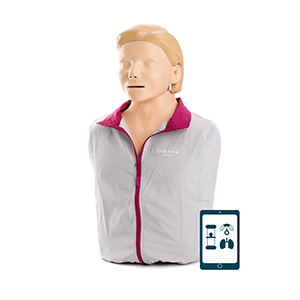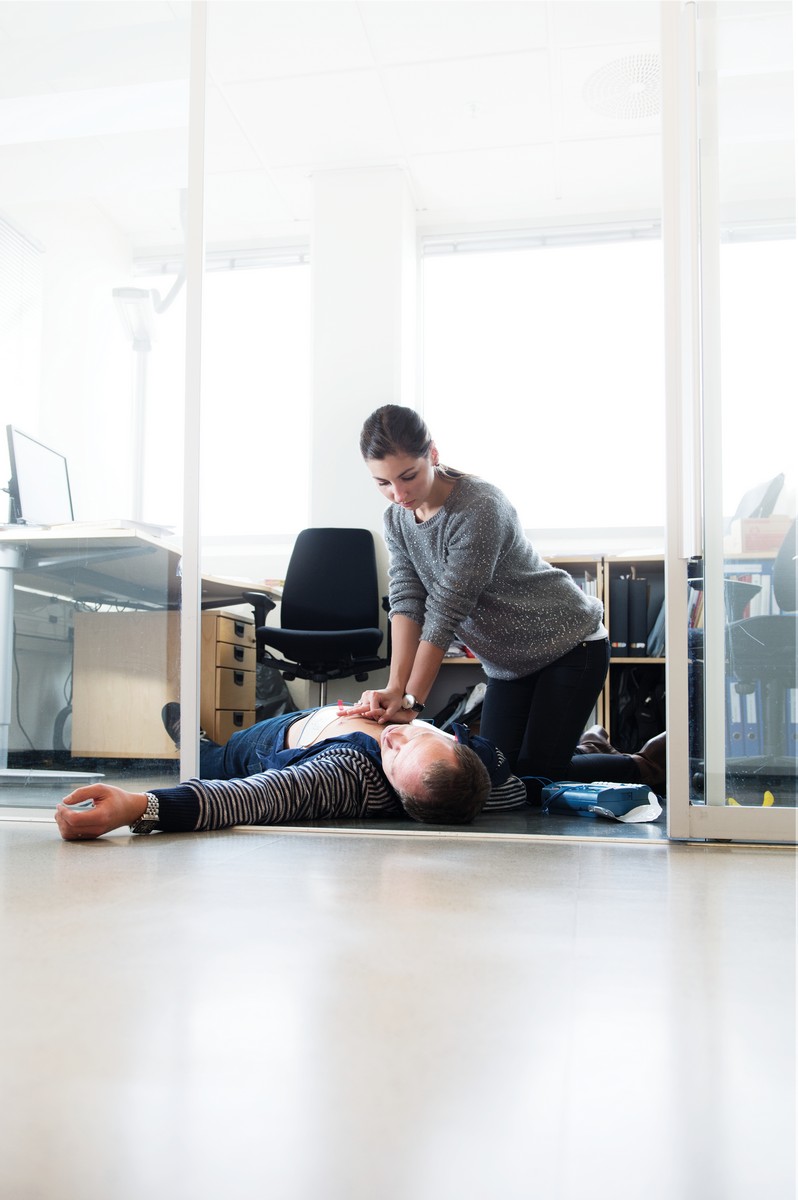
Every minute counts
Sudden cardiac arrest (SCA) is a leading cause of death worldwide. Every five seconds, SCA claims a life leading to more than 6 million deaths every year. The vast majority of cardiac arrests happen in the home and almost 40% of these are witnessed by a bystander.
After 1 minute, brain cells without oxygen begin to die. Emergency Medical Services (EMS) response times can average 7–12 minutes, or even longer. The ability of bystanders to perform CPR while waiting for the ambulance is critical to survival and positive patient outcomes.



